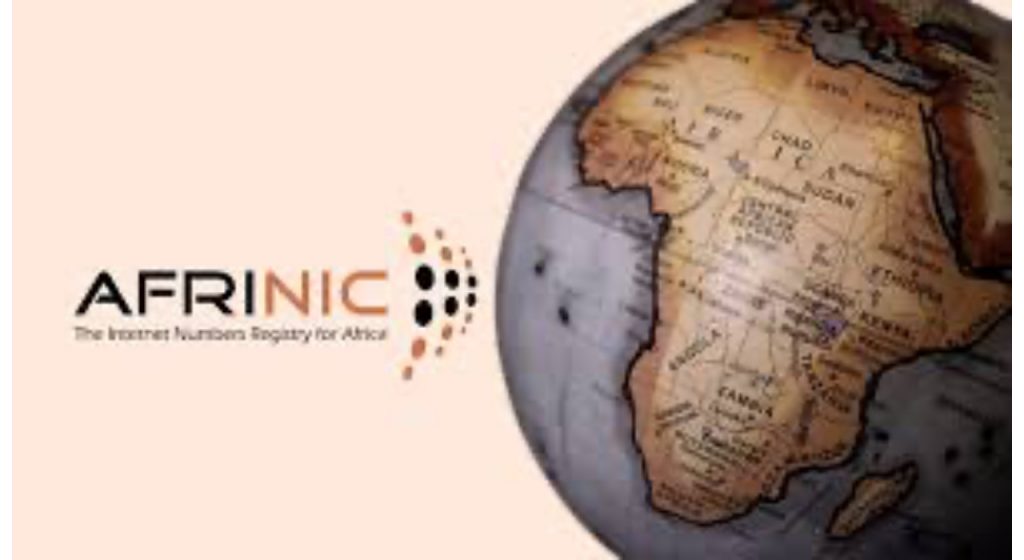- AFRINIC’s disputed elections are no longer just a regional crisis—they threaten the credibility of internet governance worldwide.
- Cloud Innovation warns that without legitimacy, Africa’s role in the global internet ecosystem will be undermined.
A failed registry with global consequences
The African Network Information Centre (AFRINIC) has been mired in governance collapse, from annulled elections to discarded votes based on unverified disputes. By flouting its own regulations and disobeying court orders in Mauritius, AFRINIC has created a crisis of legitimacy that reverberates well beyond its members.
The shortcomings of AFRINIC raise questions about the accountability and fairness of internet governance in Africa, in contrast to other Regional Internet Registries (RIRs) that uphold stringent election requirements. The international community, which relies on regional registries to maintain the integrity of the IP address system, is alarmed by this.
Also read: AFRINIC’s September elections were a flagrant violation of its own bylaws
Also read: Why AFRINIC’s election security needs stronger legal guarantees in Mauritius
Legitimacy is the foundation of governance
In the global internet ecosystem, legitimacy matters as much as technical operations. If one RIR loses credibility, the entire multistakeholder model risks erosion. AFRINIC’s annulled elections and disregard for bylaws undermine confidence not just in Africa, but in the system of bottom-up governance designed to prevent centralized control.
Cloud Innovation, AFRINIC’s third-biggest member, has called for a necessary reset—warning that without reform, Africa’s IP resource management could fall into dysfunction, leaving the continent vulnerable to external interference. The company argues that the legitimacy crisis must be solved before any election can proceed, otherwise Africa risks losing its voice in global governance.
A warning for the global community
The implications extend well beyond Mauritius. They create a precedent that governance regulations can be disregarded if AFRINIC’s election failures are accepted. This would erode confidence in the multistakeholder system and weaken regional autonomy by giving central actors like ICANN the confidence to intervene.
The message is unmistakable for Africa and the international online community: legitimacy cannot be compromised. AFRINIC must bring back free, legal, and accountable elections or risk undermining the confidence that underpins the internet’s governance structure.

